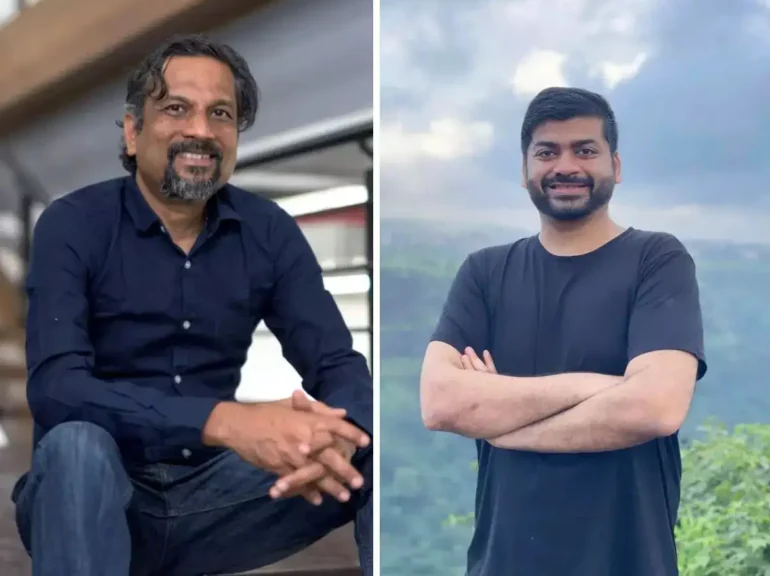Zoho CEO Sridhar Vembu has reignited the debate on digital sovereignty and the need for indigenous digital solutions. Following the success of Arattai, a homegrown Indian competitor to WhatsApp, Sridhar Vembu emphasized the vulnerability of India’s dependence on American technology and systems.
Who is Alexander Wang? This 28-year-old was hired by Mark Zuckerberg for $14 billion to lead Meta’s Superintelligence Lab.
What did Sridhar Vembu say?
In a post on ‘X’, Sridhar Vembu posted that there is an urgent need to develop a 10-year national mission on tech resilience. The Zoho founder made these claims in response to a post by industrialist Harsh Goenka, who had also reiterated the need for India to have local solutions and software ready, not only as alternatives but also to counter dependence, similar to what China does, if the US were to block access to its software.
What did Harsh Goenka say?
Harsh Goenka’s original post asked Indians to imagine a scenario where platforms like Google, Instagram, X, Facebook, and ChatGPT are shut down. He wrote, “Scary, isn’t it! Just think seriously about the consequences and what our Plan B could be.”
In response, a tech analyst with over 15 years of experience in U.S.-India digital trade projected a “catastrophic economic downturn.” According to NASSCOM’s 2025 estimates, a sudden shutdown could cripple India’s $200 billion digital economy, affect over 500 million users, and wipe out up to 60% of advertising revenue. Analysts suggested accelerating a Plan B that includes Indian-made alternatives: Zoho and Nextcloud for cloud services, Arattai for messaging, and open-source AI models like Bhashini. They said, “We built UPI in five years; achieving digital sovereignty in 18 months is possible.”
Homegrown Digital Apps?
While several alternatives have already been developed, Indians are not yet ready to switch to them. For example, Mappls MapMyIndia is a significantly better application for navigating Indian roads. Google Maps, on the other hand, often provides incomplete navigation that is neither accurate nor localized for Indian conditions.
Similarly, Arattai, a homegrown competitor to WhatsApp, is also gradually offering features comparable to its rivals. However, everything is not perfect; more work needs to be done on Indian apps and digital software to significantly improve their adoption at both local and global levels.

